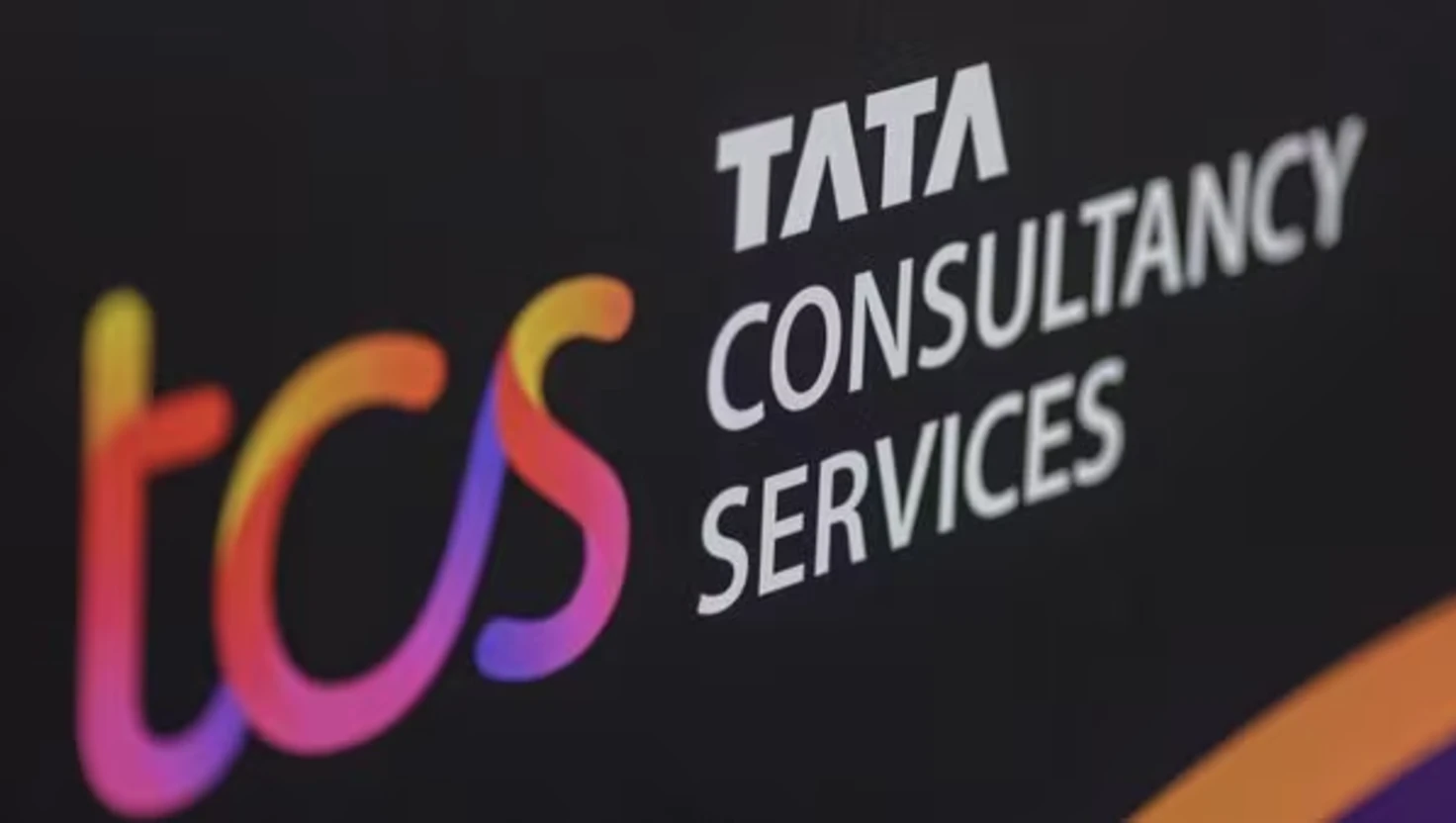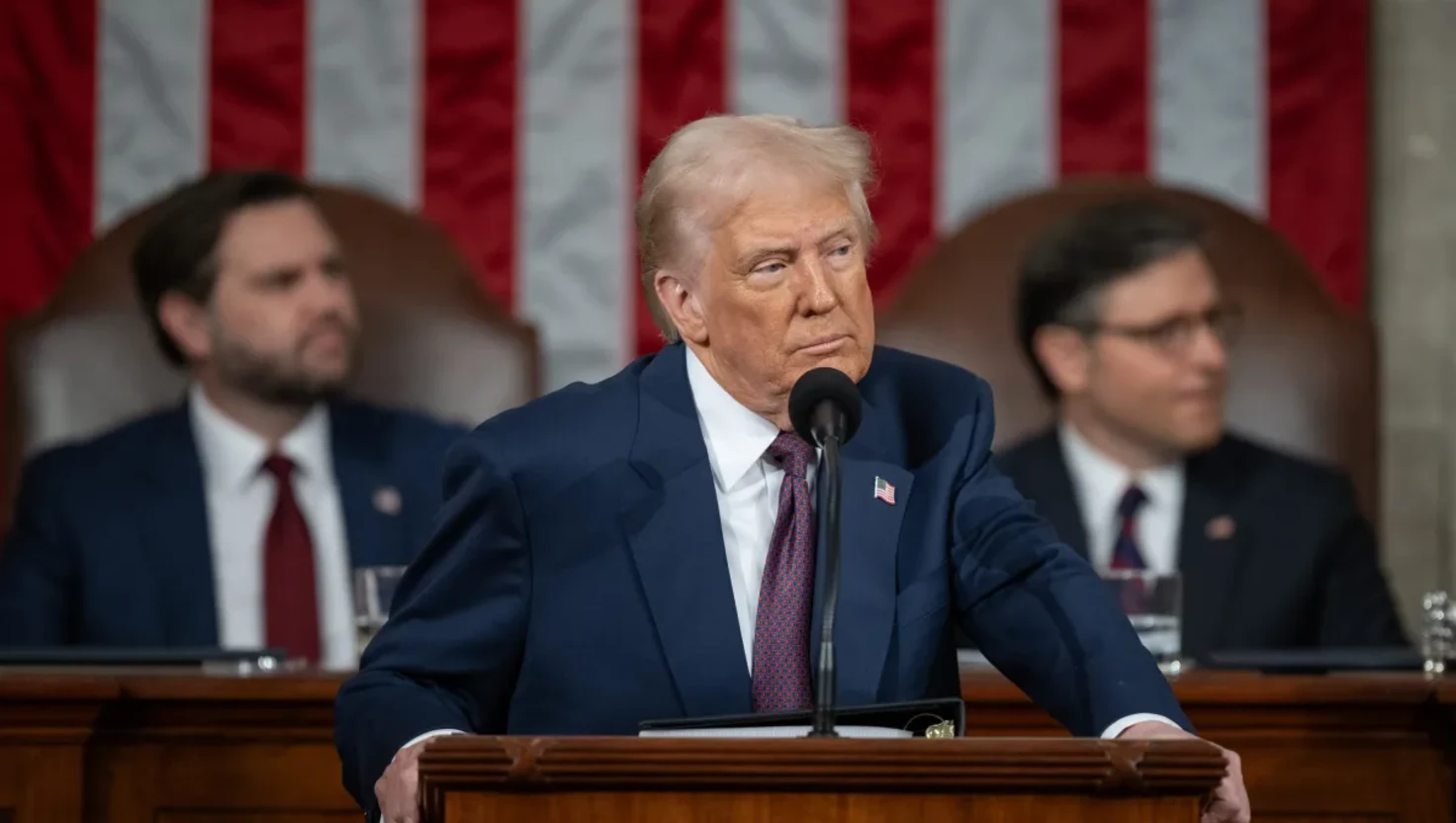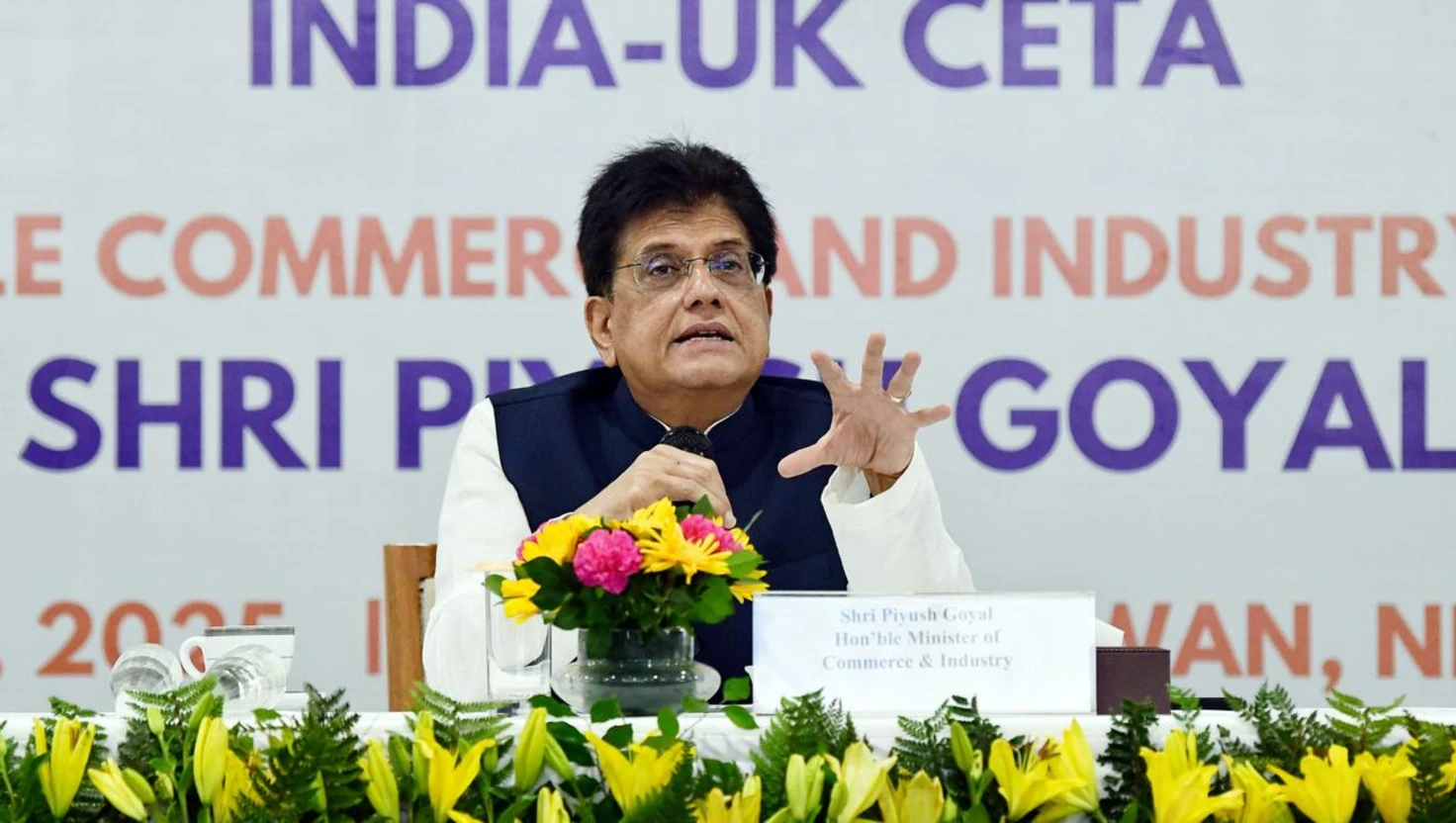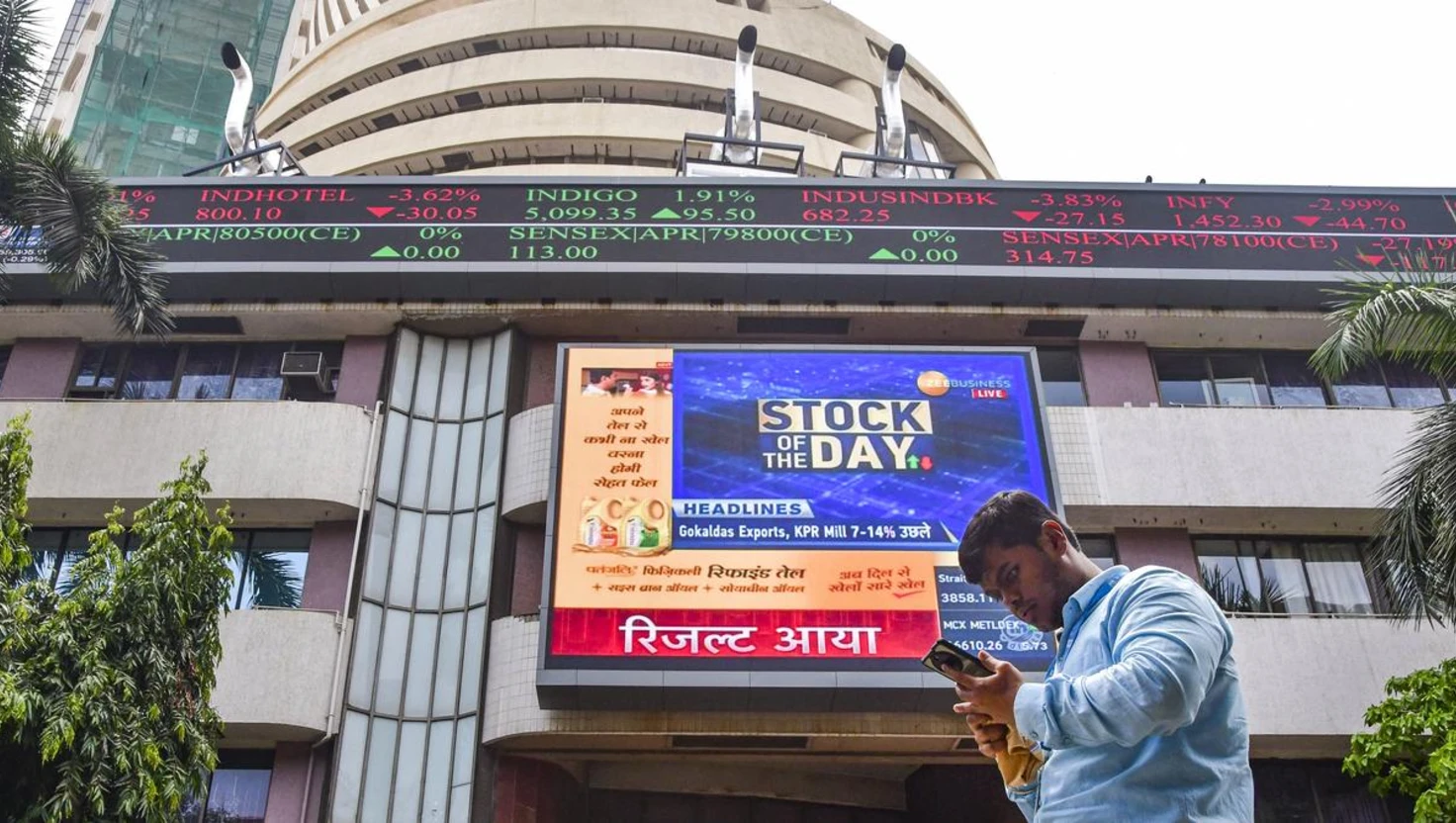India's Software Industry Faces Job Cuts Amid AI Transition

India's Software Industry Faces Job Cuts Amid AI Transition
Tata Consultancy Services plans to lay off 12,000 employees as artificial intelligence reshapes India's software sector.
India's prominent software industry is undergoing significant changes as it grapples with new technologies and shifting market demands.
Tata Consultancy Services Limited (TCS), the nation's largest employer in the private sector and a key player in the information technology (IT) services sector, has announced it will eliminate over 12,000 jobs within its middle and senior management. This decision marks a 2% reduction in its workforce, which numbers more than half a million.
TCS, headquartered in Mumbai, has been viewed as a barometer for the broader sentiment in India’s $283 billion software sector. The company asserts that this move is essential to becoming 'future-ready' as it seeks to invest in innovative areas, particularly the implementation of artificial intelligence across its operations.
For years, companies like TCS have depended on low-cost skilled labour to develop software for clients worldwide. However, the rise of artificial intelligence has drastically altered this landscape, with businesses now emphasising innovative solutions over mere workforce cost reductions.
TCS stated that it is engaging in "number of re-skilling and redeployment initiatives," indicating that employees being laid off are those whose future roles are not currently viable. Neeti Sharma, Chief Executive Officer of staffing agency TeamLease Digital, remarked, "Across IT companies, people managers are being let go while the doers are being kept to rationalise the workforce and bring in efficiencies."
While recruitment in emerging technology sectors such as artificial intelligence, cloud computing, and data security has surged, the growth in these areas does not match the scale of job losses experienced across the industry. Rishi Shah, an economist with Grant Thornton Bharat, described the resulting "skills mismatch" in the software sector, where the advancement of generative AI is significantly outpacing the training of IT professionals.
According to the National Association of Software and Service Companies (Nasscom), there will be a demand for one million professionals skilled in artificial intelligence by 2026, yet fewer than 20% of the current IT workforce possess relevant qualifications.
Although tech companies have ramped up spending on up-skilling to establish a future talent pool adept in these new technologies, those lacking the necessary expertise face dismissal.
Furthermore, TCS's actions reflect broader challenges within India's IT sector. A report by the investment banking firm Jeffries noted that overall hiring has stalled since financial year 2022, primarily due to weakening demand forecasts. Notably, demand for IT services from the United States, which represents a substantial portion of revenue for Indian software firms, has been adversely affected by economic factors, including tariffs imposed during the Trump administration.
Though these tariffs mainly target tangible goods, analysts assert that companies are reconsidering discretionary IT expenditure, which could slow investment in such services.
The transition towards increased AI usage compels US companies to seek lower operational costs, resulting in a leaner workforce within Indian IT firms. The consequences of this shift are palpable in tech hubs such as Bengaluru, Hyderabad, and Pune, where an estimated 50,000 tech jobs were lost last year, alongside a 72% decline in net employment growth among the top six IT services companies in India.
These job reductions could have significant ramifications on India's economy, which has struggled to provide adequate employment opportunities for the increasing number of graduates entering the job market annually. As the country has not developed a robust manufacturing sector, the IT industry has traditionally been a primary source of employment, contributing to the emergence of a new, affluent middle class.
However, as stable, well-paying job opportunities diminish, there are rising concerns regarding the future of India’s service-led economic growth.
Until recently, India's IT titans were absorbing approximately 600,000 new graduates each year, but this figure has dwindled to around 150,000 over the past two years, according to TeamLease Digital. Although other fast-growing domains, such as financial technology startups and global capability centres (GCCs), which are off-shore service units for multinational corporations, are employing some of these graduates, it is estimated that between 20% to 25% of new graduates will remain unemployed, according to Ms Sharma.
Many leaders in India's business community are sounding alarms over the potential fallout from these trends. D. Muthukrishnan, a prominent mutual fund distributor, expressed on social media that a contraction in the IT sector could adversely affect numerous allied industries, destabilise real estate, and dramatically reduce consumer spending.
Earlier, Arindam Paul, the entrepreneur behind the technology firm Atomberg, echoed similar sentiments, warning that "almost 40-50% of white-collar jobs that exist today might cease to exist", which could dismantle the middle class and disrupt consumption patterns.
As the landscape of India’s technology industry continues to evolve with AI advancements, how these corporations adapt could determine the country’s ability to maintain its standing as a global technology leader and further cultivate a consuming middle class critical for economic growth.
Tata Consultancy Services Limited (TCS), the nation's largest employer in the private sector and a key player in the information technology (IT) services sector, has announced it will eliminate over 12,000 jobs within its middle and senior management. This decision marks a 2% reduction in its workforce, which numbers more than half a million.
TCS, headquartered in Mumbai, has been viewed as a barometer for the broader sentiment in India’s $283 billion software sector. The company asserts that this move is essential to becoming 'future-ready' as it seeks to invest in innovative areas, particularly the implementation of artificial intelligence across its operations.
For years, companies like TCS have depended on low-cost skilled labour to develop software for clients worldwide. However, the rise of artificial intelligence has drastically altered this landscape, with businesses now emphasising innovative solutions over mere workforce cost reductions.
TCS stated that it is engaging in "number of re-skilling and redeployment initiatives," indicating that employees being laid off are those whose future roles are not currently viable. Neeti Sharma, Chief Executive Officer of staffing agency TeamLease Digital, remarked, "Across IT companies, people managers are being let go while the doers are being kept to rationalise the workforce and bring in efficiencies."
While recruitment in emerging technology sectors such as artificial intelligence, cloud computing, and data security has surged, the growth in these areas does not match the scale of job losses experienced across the industry. Rishi Shah, an economist with Grant Thornton Bharat, described the resulting "skills mismatch" in the software sector, where the advancement of generative AI is significantly outpacing the training of IT professionals.
According to the National Association of Software and Service Companies (Nasscom), there will be a demand for one million professionals skilled in artificial intelligence by 2026, yet fewer than 20% of the current IT workforce possess relevant qualifications.
Although tech companies have ramped up spending on up-skilling to establish a future talent pool adept in these new technologies, those lacking the necessary expertise face dismissal.
Furthermore, TCS's actions reflect broader challenges within India's IT sector. A report by the investment banking firm Jeffries noted that overall hiring has stalled since financial year 2022, primarily due to weakening demand forecasts. Notably, demand for IT services from the United States, which represents a substantial portion of revenue for Indian software firms, has been adversely affected by economic factors, including tariffs imposed during the Trump administration.
Though these tariffs mainly target tangible goods, analysts assert that companies are reconsidering discretionary IT expenditure, which could slow investment in such services.
The transition towards increased AI usage compels US companies to seek lower operational costs, resulting in a leaner workforce within Indian IT firms. The consequences of this shift are palpable in tech hubs such as Bengaluru, Hyderabad, and Pune, where an estimated 50,000 tech jobs were lost last year, alongside a 72% decline in net employment growth among the top six IT services companies in India.
These job reductions could have significant ramifications on India's economy, which has struggled to provide adequate employment opportunities for the increasing number of graduates entering the job market annually. As the country has not developed a robust manufacturing sector, the IT industry has traditionally been a primary source of employment, contributing to the emergence of a new, affluent middle class.
However, as stable, well-paying job opportunities diminish, there are rising concerns regarding the future of India’s service-led economic growth.
Until recently, India's IT titans were absorbing approximately 600,000 new graduates each year, but this figure has dwindled to around 150,000 over the past two years, according to TeamLease Digital. Although other fast-growing domains, such as financial technology startups and global capability centres (GCCs), which are off-shore service units for multinational corporations, are employing some of these graduates, it is estimated that between 20% to 25% of new graduates will remain unemployed, according to Ms Sharma.
Many leaders in India's business community are sounding alarms over the potential fallout from these trends. D. Muthukrishnan, a prominent mutual fund distributor, expressed on social media that a contraction in the IT sector could adversely affect numerous allied industries, destabilise real estate, and dramatically reduce consumer spending.
Earlier, Arindam Paul, the entrepreneur behind the technology firm Atomberg, echoed similar sentiments, warning that "almost 40-50% of white-collar jobs that exist today might cease to exist", which could dismantle the middle class and disrupt consumption patterns.
As the landscape of India’s technology industry continues to evolve with AI advancements, how these corporations adapt could determine the country’s ability to maintain its standing as a global technology leader and further cultivate a consuming middle class critical for economic growth.

Mastermind of Pahalgam Attack Killed in Jammu and Kashmir Operation
Indian security forces eliminate Suleiman Shah, mastermind of the Pahalgam attack, during a coordinated operation in Jammu and Kashmir.
| 2025-07-29

'Very much' remind me of India-Pak conflict: Trump mediates Thai-Cambodia ceasefire
Donald Trump calls for a ceasefire between Thailand and Cambodia, drawing parallels to the India-Pakistan conflict amid rising violence.
| 2025-07-27

India and UK Sign Landmark Free Trade Agreement: Key Impacts
Union Minister Piyush Goyal announces India-UK Free Trade Agreement, promising significant benefits for various sectors and duty-free exports.
| 2025-07-27

India's Shubman Gill and KL Rahul Set New Record in Fourth Test
Shubman Gill and KL Rahul break a longstanding 48-year record, uniting to save India in the fourth Test against England with impressive partnerships.
| 2025-07-27

Indian Stock Markets Decline for Second Consecutive Day
The BSE Sensex drops 721 points amid investor concerns and global trends.
| 2025-07-26




